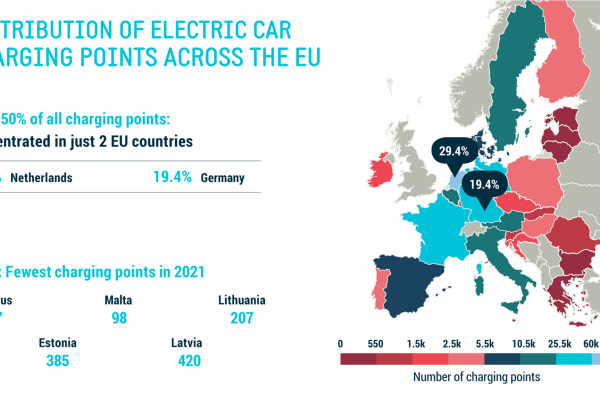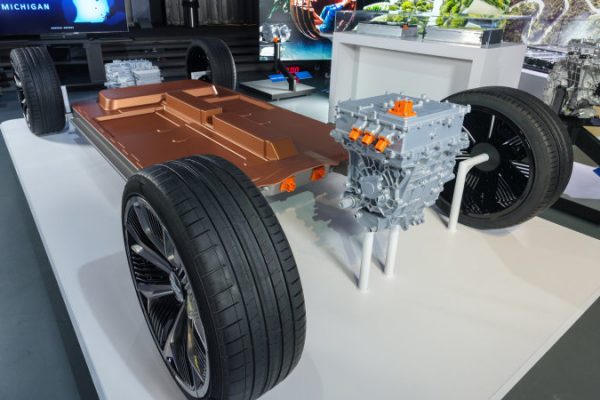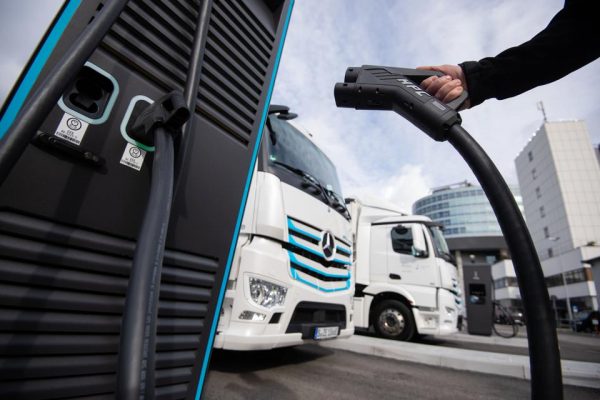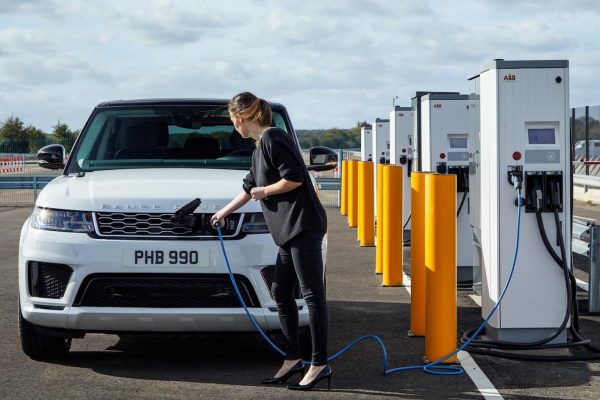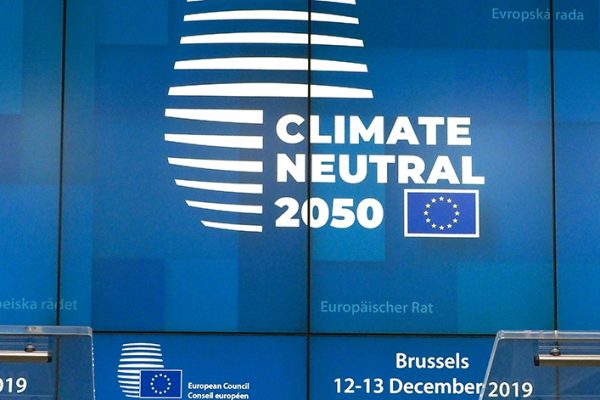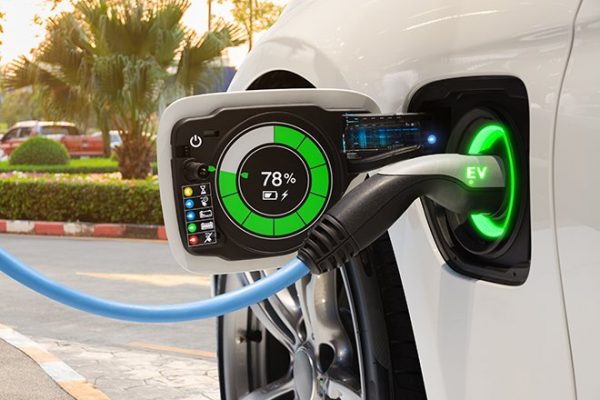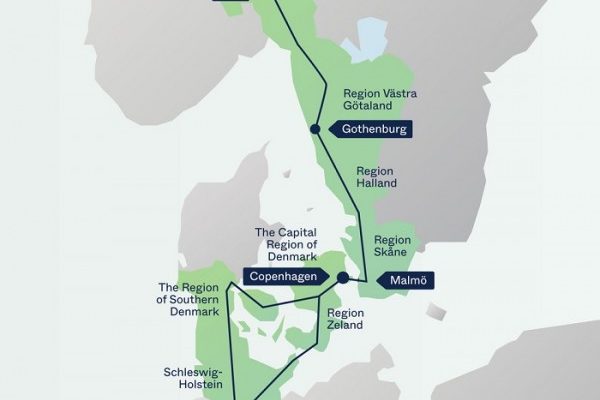-
Electric cars: Half of all chargers in EU concentrated in just two countries
Brussels, 22 June 2022 – New data analysis from the European Automobile Manufacturers’ Association (ACEA) shows that half of all charging points for electric cars in the European Union are concentrated in only two countries – the Netherlands (90,000 chargers) and Germany (60,000). These two countries make up less than 10% of the entire EU […]
Continue reading -
AFIR needs balanced amendments to support EV charging rollout in Europe
We, the undersigned associations, welcome the ambition of the European Parliament to strengthen the Commission’s proposal for the Alternative Fuels Infrastructure Regulation (AFIR). Together, we represent the entire EV charging ecosystem – from grid operators to charging point operators and eMSPs to EV users. From the TRAN and ITRE draft reports to some of the […]
Continue reading -
Position paper: amendment to the renewable energy directive (RED II)
AVER as part of AVERE welcomes the European Commission’s initiative to amend the Renewable Energy Directive, which has the potential to greatly accelerate the decarbonization of the EU economy by promoting the use of renewable energy – a key step towards achieving the Union’s greenhouse gas emission reduction target of at least 55% by 2030, […]
Continue reading -
Joint industry position on the batteries regulation
The industrial associations covering different aspects of the battery value chain, from raw materials supply to battery manufacturing, users of batteries, and recyclers express their concern about key elements considered in ongoing debates in the European Parliament and the Council on the Batteries Regulation proposal, and provide recommendations for achieving shared goals. Our associations have […]
Continue reading -
Why full and direct electrification is the only viable pathway to zero-emissions road transport
The EU’s transport sector currently accounts for nearly a quarter of total EU emissions, and its footprint has been further growing in recent years. To tackle these emissions and reach the EU’s legally binding aim of carbon neutrality by 2050, the Commission’s “Fit for 55” package has introduced ambitious new proposals to phase out internal combustion engines by 2035. […]
Continue reading -
EV Volumes 2022
Global EV sales reached 6,75 million units in 2021, 108 % more than in 2020. This volume includes passenger vehicles, light trucks and light commercial vehicles. The global share of EVs (BEV & PHEV) in global light vehicle sales was 8,3 % compared to 4,2 % in 2020. BEVs stood for 71 % of total […]
Continue reading -
EV Incentives – Rabla Plus 2022 Updates
The guides for the Rabla Classic and Rabla Plus 2022 ecotickets incentives programs were sent for publication in the Official Governmental Monitor on 02.02.2022. Following the publication, the Rabla Clasic and Rabla Plus 2022 programs will be launched, no later than February 8 In 2021, the two government programs began on April 26 for both […]
Continue reading -
EU News/Updates Jan 2022
Parliament split over ICE phaseout trajectory The Commission’s proposed phase-out of internal combustion engines by 2035, as well as the 2020s trajectory in the run-up to this goal, continue to divide Parliament as work on the file advances, with amendment deadlines now having passed for all 3 committees. ENVI rapporteur Jan Huitema (Renew, NL) […]
Continue reading -
How fast-energy EVs use on charging ?
The list below is only for the models that are available at the end of 2021 in Romania. Romania has over 45 types of BEV models on sale today. The charts differ from vehicle to vehicle because of the different battery chemistry that manufacturers choose for their battery package. The most two common based chemistry […]
Continue reading -
Public-private partnership for the location of hydrogen fueling stations for trucks in northern Europe
Four northern European states, Germany, Denmark, Sweden and Norway, have entered into a cross-border public-private partnership with six companies to invest in a series of hydrogen refueling stations between Hamburg and Oslo. According to a study conducted at the launch of the “Greater 4 H” project, a hydrogen vehicle is powered in 5-12 minutes, making […]
Continue reading

